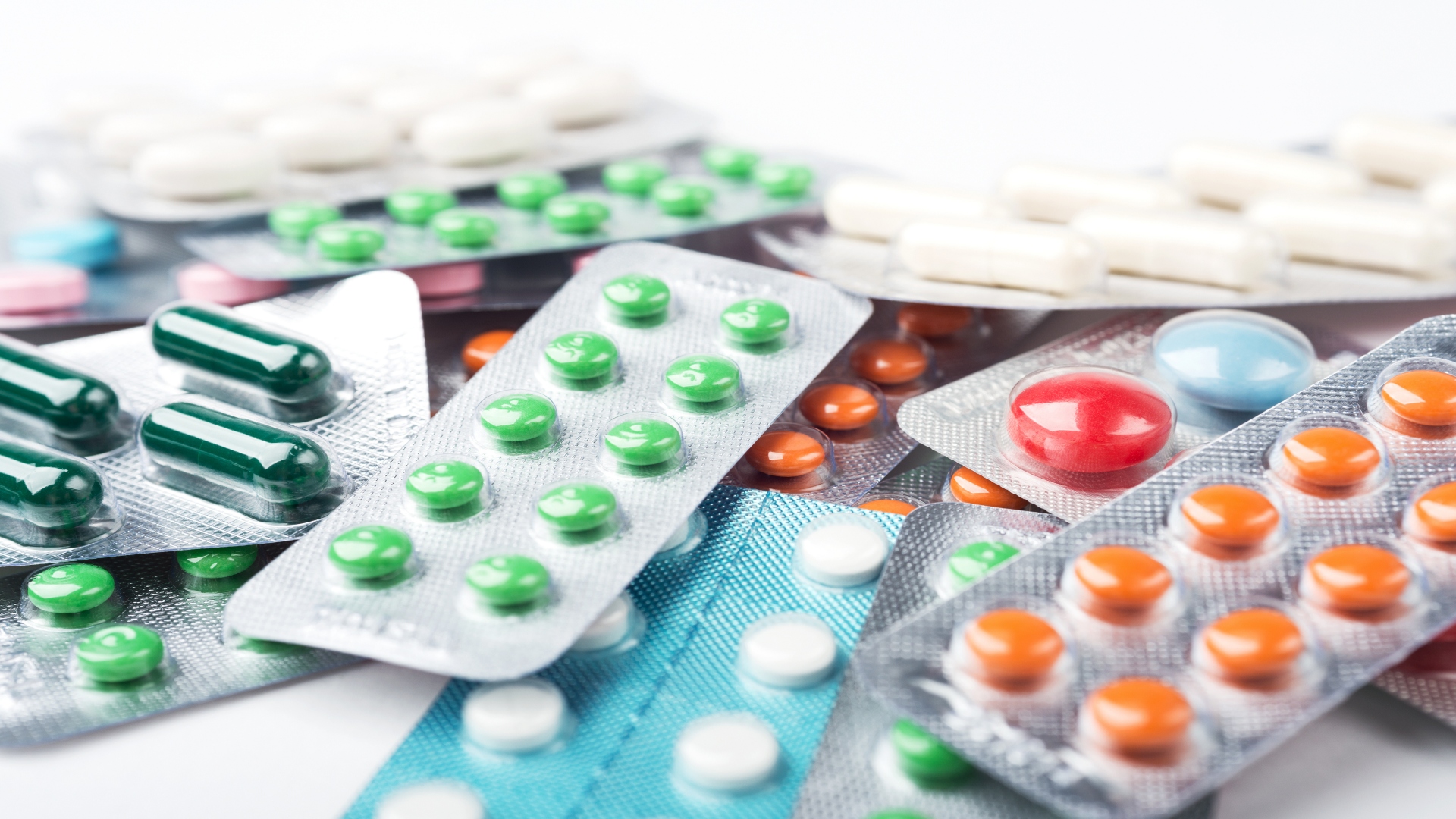Post-traumatic stress disorder (PTSD) and addiction are significant mental health conditions that can significantly impact a person’s quality of life. A concerning fact is that veterans struggle with addiction due to PTSD at a much higher rate than the general population. More precisely, research shows that around 30% of veterans with PTSD also suffer from a substance abuse disorder. Still, this issue affects many other people. Therefore, we must address it as soon as possible. This article will explore the complex relationship between PTSD and addiction, the importance of seeking treatment, and the available treatment options.
Understanding PTSD and Addiction
PTSD is a mental health condition after a traumatic event, such as a natural disaster, combat, sexual assault, or a serious accident. Individuals with PTSD experience intense and distressing emotions, flashbacks, nightmares, and hypervigilance.
On the other hand, addiction is a chronic brain disease that involves compulsive drug or alcohol use, despite the negative consequences. Addiction can lead to physical, psychological, and social problems and can impact a person’s health, work, and relationships. Due to its frequent association with underlying psychological or emotional factors like stress, anxiety, depression, or trauma, Harmony Ridge Recovery Center suggests individuals grappling with this condition consider professional assistance and seek help.
The Complex Relationship Between PTSD and Addiction
The relationship between PTSD and addiction is complex and can go both ways. Research shows that persons with PTSD are at a higher risk of developing addiction, and those with addiction are more likely to develop PTSD. Additionally, people with PTSD are four times more likely to develop an addiction than people without PTSD.
The Importance of Seeking Treatment
PTSD and addiction are both treatable conditions, and seeking treatment is essential to improve quality of life and prevent further complications. Unfortunately, many people with PTSD and addiction do not seek treatment. That is either because they feel ashamed, guilty, or embarrassed. Or because they do not know where to turn. However, treatment can help individuals recover from trauma and addiction and regain control over their lives.
PTSD treatment typically involves therapy, medication, or a combination of both. Therapy can help with learning different coping strategies, manage emotions, and process trauma in a safe and supportive environment. Cognitive-behavioral therapy (CBT) and eye movement desensitization and reprocessing (EMDR) are two evidence-based therapies for PTSD that can effectively reduce symptoms. You can even find specialized programs that provide treatment for military-related PTSD.
Addiction treatment often involves a combination of behavioral therapy, medication-assisted treatment, and support groups. Behavioral therapy can help individuals identify triggers, develop coping skills, and change their negative thoughts and behaviors. Medication-assisted treatment can also effectively reduce withdrawal symptoms and cravings, especially for opioid addiction..
Available Treatment Options
Several treatment options are available for persons with PTSD and addiction, and the right approach depends on the individual’s needs, preferences, and severity of symptoms. Some of the available treatment options include:
No. 1 Residential Treatment
Residential treatment is an intensive and immersive program. It provides 24-hour care and support for individuals with severe PTSD and addiction. This type of treatment involves a structured environment, individual and group therapy, medication management, and support for daily living activities. Moreover, if you’re a veteran, you can look for a veteran rehab program for PTSD.
No. 2 Outpatient Treatment
Outpatient treatment is a more flexible option. It allows individuals to receive treatment while living at home or in a sober living environment. Outpatient treatment can involve individual and group therapy, medication management, and support for daily living activities.
No. 3 Support Groups
Support groups, such as Alcoholics Anonymous (AA) and Narcotics Anonymous (NA), can provide peer support, accountability, and guidance during recovery from addiction. Support groups can also be helpful for individuals with PTSD, as they can provide a safe space to share experiences and feelings with others who have gone through similar experiences.
No. 4 Holistic Treatment
Holistic treatment approaches, such as yoga, meditation, and acupuncture, can benefit individuals with PTSD and addiction. These approaches focus on treating the whole person, including the physical, emotional, and spiritual aspects. As a result, they can help individuals manage stress, anxiety, and trauma-related symptoms.
Conclusion
In conclusion, the complex relationship between PTSD and addiction is an important topic that needs to be addressed in the mental health field. The connection between these two conditions can significantly impact a person’s quality of life. Moreover, remember that veterans, in particular, struggle with addiction due to PTSD. But whether or not you are a veteran, seeking treatment for both conditions is crucial. That will enable you to recover and regain control over your life.


















